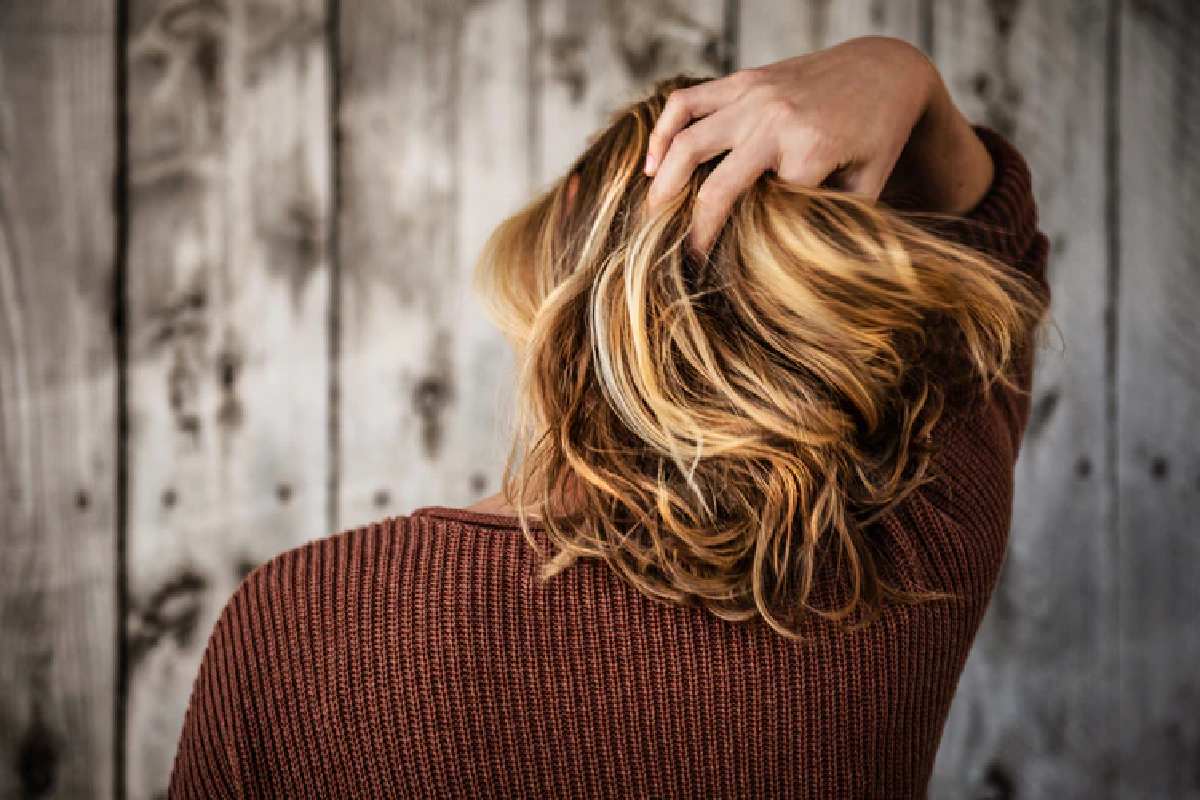The Top 8 Dos and Don’ts for Dealing With Thinning Hair : Hair loss is a problem often associated only with men. However, it is also an issue that some women face, with at least a third of ladies experiencing this issue in their lifetime.
For women, the good news is that thinning hair rarely leads to baldness and the cause behind this problem is usually easy to identify. And with proper diagnosis, hair loss can be controlled with the right treatment and may even be reversed.
Common Causes of Thinning Hair
- Female hair loss can be caused by various factors, which include:
- Frequently wearing hairstyles that pull the hair tightly
- Overusing harsh hair products and heat-styling devices
- Taking certain antidepressants, birth control pills, anti-clotting and cholesterol-lowering drugs, and other medications
- A thyroid problem
- Hormonal imbalance
- Inflammatory conditions affecting the scalp, such as eczema, psoriasis, and frontal fibrosing alopecia, which can cause scarring and hair loss above the forehead
- Autoimmune conditions, such as lupus
- Androgenic alopecia or a genetic condition like female-pattern hair loss
- Nutritional deficiencies
- Pregnancy
- Stress
Best Practices for Dealing With Hair Loss
Below are eight important dos and don’ts to remember when you notice your hair is thinning:
Dos
Use an anti-thinning or gentle shampoo.
If your hair loss is not caused by an underlying medical condition, you should start using an anti-thinning shampoo instead of a regular one.
An anti-thinning shampoo will boost the volume of your hair, making it look thicker.
Additionally, shampoos for thinning hair also contain vitamins and amino acids that nourish your scalp and help you grow more hair over time.
If you don’t want to use an anti-thinning shampoo, a mild product is sometimes enough to cleanse your scalp and remove the natural sebum secretion and environmental pollution from your hair.
Balmain beauty and hair care products, in particular, are gentle and specially formulated for moisturizing and cleansing the hair thoroughly. You can look into the brand’s lineup of shampoos to find out which one is the best for you.
Regardless of which product you choose, always follow the instructions on the label.
Modify your diet.
- Deficiencies in your diet can have dire effects on your body, including your hair.
- Because of this, focus on having a balanced diet rich in both macro and micronutrients.
- Try to include more foods that are proven effective to aid in growing thicker, healthier hair. These include:
- Spinach and other green leafy vegetables
- Beetroot
- Eggs
- Lentils, nuts, and seeds
- Yogurt
Green tea, soya, and pumpkin seeds are also great foods that naturally inhibit the production of dihydrotestosterone or DHT, a hormone linked to hair loss.
Iron deficiency can also cause thinning hair. If you have this condition, add more eggs, nuts, dates, raisins, and fenugreek to your daily diet.
Condition your hair regularly.
Aside from shampooing your hair regularly, make sure you condition it habitually.
The right conditioner moisturizes your hair and enhances its sheen. It also replenishes the natural oils lost during shampooing.
Aside from bottled conditioners, you can apply a deep conditioning mask at least once a week for an extra moisturizing effect. When using this product, ensure you leave it on for 15 to 20 minutes or as stated on the label and rinse it off thoroughly afterward.
Massage your scalp.
One of the easiest ways to get thicker hair is to massage your scalp regularly. It is also safe and won’t cost you anything unless you want to use an essential oil and handheld scalp massager.
There are no side effects with this method as well.
Massaging your scalp entails gently applying pressure with your fingertips around your scalp to encourage blood flow whenever you wash your hair. You can also use a handheld scalp massager to remove dead skin cells.
Also, consider using oils like coconut, almond, lavender, and castor when massaging your scalp since these help boost blood circulation and tighten hair follicles.
Don’ts
Hold off on washing your hair.
Washing your hair more often won’t cause the strands to weaken and fall out more. As such, there is no reason for you to skip it from your bathing routine.
To have clean, great-smelling, lovely, and healthy hair, wash your hair every two to four days with a gentle or anti-hair fall shampoo and conditioner.
If you take a bath daily, rinse your hair on the days you are not supposed to shampoo your tresses.
Choose hairstyles that pull out or put extra tension on your hair.
Avoid wearing hairstyles that pull on the scalp, such as high and tight ponytails, braids, and dreadlocks for long periods.
These hairstyles pull out your hair, thereby leading you to lose more strands and have thinner tresses.
If you have traction alopecia, you have to be careful about avoiding these hairstyles since they can aggravate hair loss. If you want to avoid or minimize the need to style your hair, consider keeping it short.
Continue your unhealthy hair care habits.
The wrong hair care and styling habits can aggravate hair loss. As such, know what these are and stop doing them as soon as possible.
- Some of these bad hair care habits include:
- Using a heating product while your hair is still wet
- Styling your hair excessively since using too many products can inflame and dry out your scalp and tresses
- Exposing your hair to high heat for several minutes
- Towel-drying your hair too roughly or vigorously since this can cause weak hair to snap and damage new follicles
If you want to protect your hair when styling it, use Balmain Hair Couture volume mousse — a product that conditions, repairs damage, and protects your locks as you glam it up.
Worry too much.
Lastly, getting stressed out about your thinning hair won’t do you any good. In fact, it can even worsen the condition, so avoid worrying excessively and keep stress in check. Stay calm and avoid including your hair loss problem among the things you worry about every day. If you are having difficulty relaxing, try yoga or meditation to manage your anxieties.
Exercising will help you stay fit and healthy, which will also have a positive impact on your hair condition.
These tips can help you minimize and prevent hair thinning. However, if you notice your hair loss is getting worse by the day, don’t hesitate to consult a dermatologist or hair specialist. With their advice, you will be able to use the right products and follow other steps that can help you maintain your healthy tresses and prevent further hair loss.


